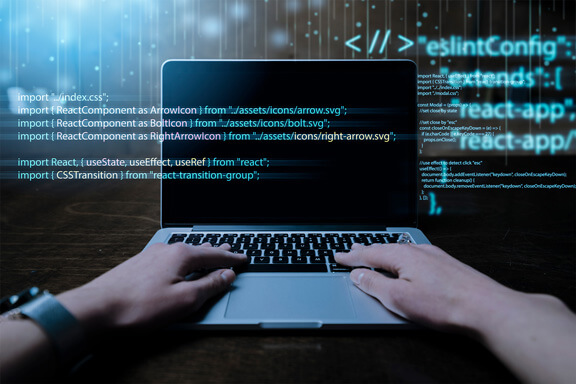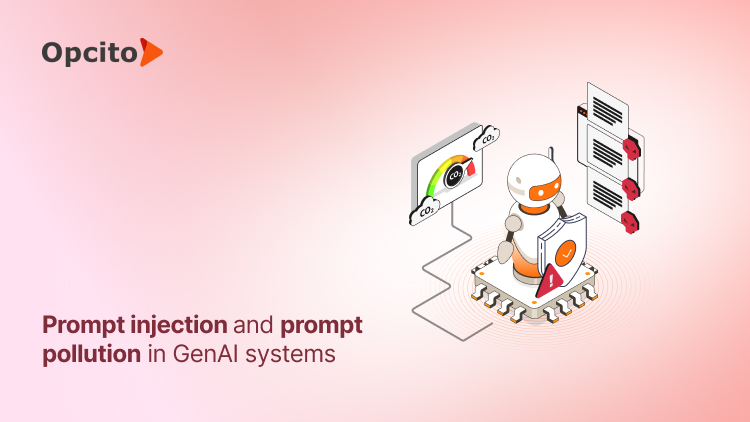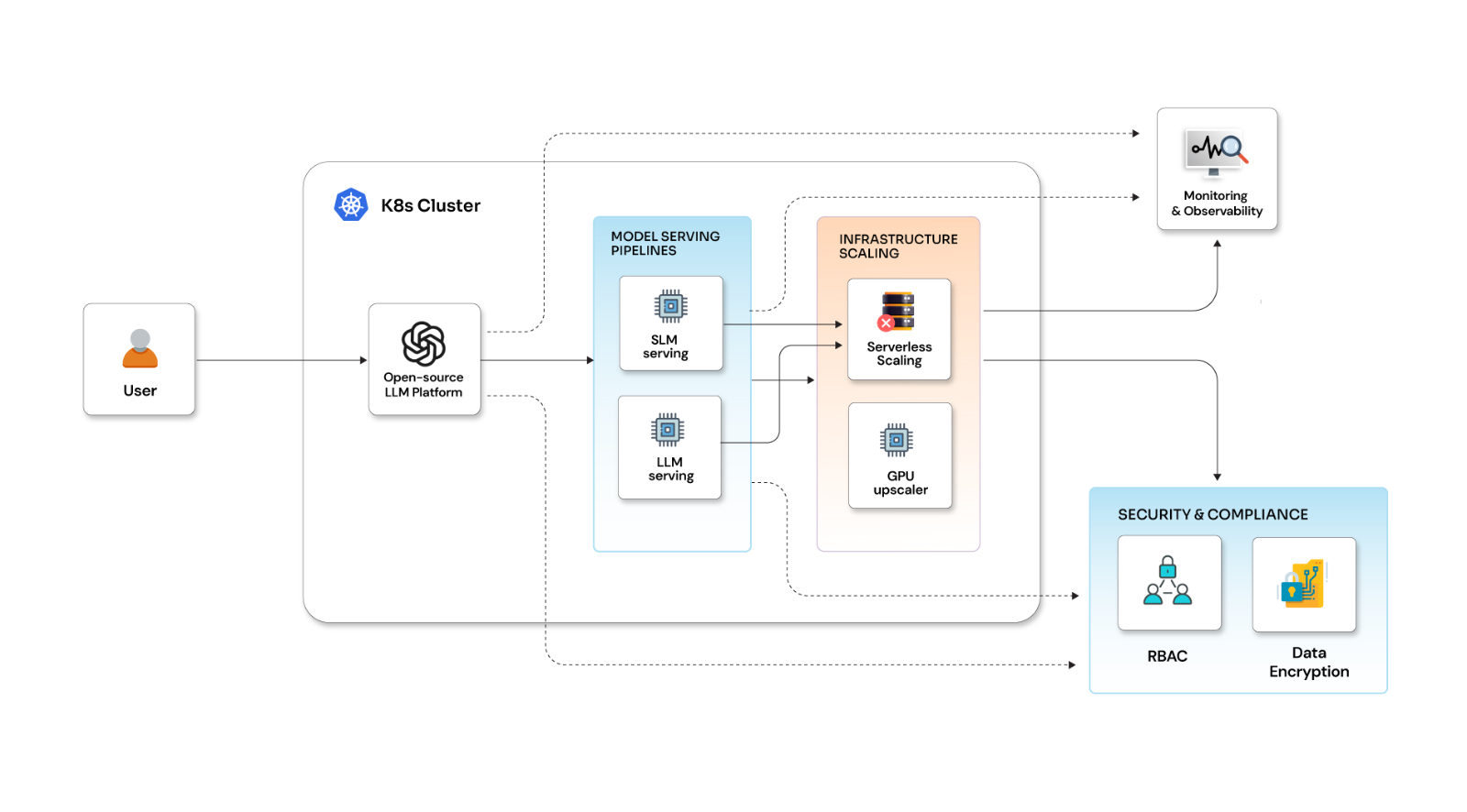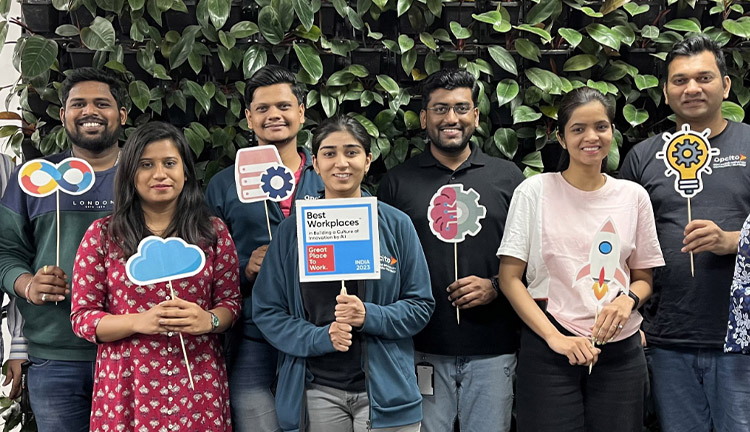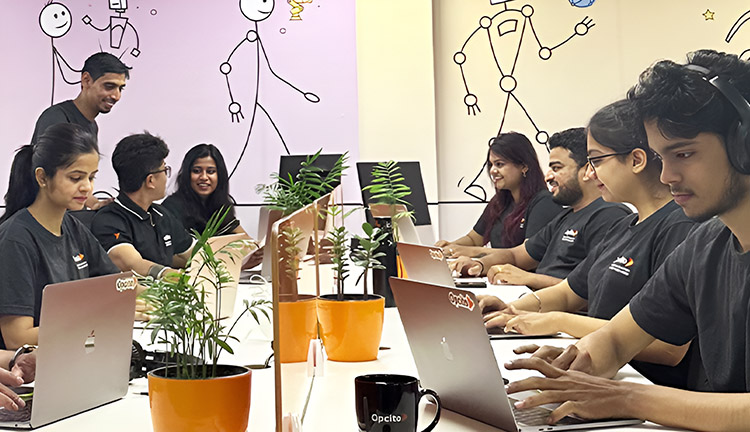MLOps vs DevOps: Key differences driving enterprise AI success

Posted By
Vikas Dudhe

As a business leader, you know artificial intelligence (AI) is a revenue driver, a customer experience game-changer, and a competitive edge. However, here's the hard truth: without a proper operational framework, your AI initiatives risk becoming costly experiments that fail to deliver results. That's where MLOps comes in, and at Opcito, we transform your AI vision into a scalable, profit-generating reality.
While MLOps builds on the proven principles of DevOps, it's uniquely designed to tackle the complexities of Machine Learning (ML). Let's see how MLOps differs from DevOps, why it's critical for your bottom line, and why partnering with an expert is the most brilliant move to supercharge your AI strategy.
DevOps has been the gold standard for software
DevOps has transformed how businesses deliver software, enabling lightning-fast releases, cost efficiency, and bulletproof reliability. By uniting development and operations teams, DevOps practices such as continuous integration and continuous deployment (CI/CD), automated testing, and containerization (think Docker and Kubernetes) ensure that your applications, whether a CRM or e-commerce platform, scale seamlessly. If your organization embraces DevOps, you're already on solid ground.
However, AI is dynamic and data-driven, with challenges that DevOps alone can't handle. ML models rely on shifting data, prediction confidence and uncertainty, and performance that can erode silently, risking revenue and customer trust. For example, a fraud detection model might start missing more fraudulent transactions because fraudsters have changed their tactics, but the model continues to run without flagging any system errors. Without a specialized framework, your AI initiatives are unlikely to succeed.
What is the difference between MLOps and DevOps?
While DevOps and MLOps share goals like automation, collaboration, and scalability, their differences are make-or-break for AI success. Here are the key distinctions that make MLOps a game-changer for enterprise AI:
- Asset management - Data vs. code: DevOps handles application code, configuration files, and compiled software that behaves predictably. MLOps, on the other hand, manage code (such as algorithms and scripts), data (including customer purchase histories), and models (the trained AI, along with its settings and performance scores). Data changes constantly. Take the example of shifting shopping trends or new customer patterns. These changes weaken a model's accuracy. To counter this, MLOps utilizes tools such as automated data pipelines and feature stores (e.g., Feast) to maintain data consistency. With feature stores, retailers can pinpoint the reason for recommendation system failures. They can determine whether the data has changed or the model has become outdated. Financial institutions benefit from regularly checking the quality of their data to ensure their fraud detection systems remain effective. DevOps doesn't handle these dynamic assets, but MLOps keeps your AI reliable.
- Testing - Predictable checks vs. statistical tests: DevOps tests software with clear pass-or-fail checks, like ensuring a website loads quickly. MLOps requires statistical tests because AI models are less predictable. It checks model accuracy across different customer groups, ensures data quality, identifies bias for fairness, and monitors data drift when input parameters change. For instance, a healthcare AI must confirm that it accurately diagnoses all patients and meets relevant regulations. Tools like MLflow track experiments and version models, data, and settings to ensure consistency. Unlike DevOps' straightforward tests, MLOps ensures your AI performs reliably in complex scenarios.
- Deployment - Simple updates vs. smart experiments: DevOps deploys software with methods like blue-green rollouts to ensure stability. MLOps employs advanced strategies, including A/B testing, champion-challenger setups (where models compete), shadow mode (testing new models alongside live ones), and routing predictions based on confidence. For example, an online store can test a new pricing model on a small group, before rolling it out fully. These carefully conducted experiments reduce risks and maximize value, unlike DevOps’ simpler updates, ensuring your AI drives results without interruptions.
- Monitoring - System metrics vs. AI performance: DevOps tracks system health statistics, including server speed and uptime. MLOps monitors AI-specific metrics, including model accuracy, data drift, business outcomes, fairness, and compliance with regulations such as GDPR. For example, a fraud detection system might technically work but miss new fraud patterns, resulting in millions of dollars in losses. MLOps catches this early by tracking performance and ensuring decisions are explainable. Unlike DevOps’ focus on system metrics, MLOps aligns AI with business goals and ensures its trustworthiness.
- Lifecycle management - Updates vs. continuous learning: DevOps updates software to fix bugs or add features. MLOps enables continuous learning, automatically retraining models as data changes. It utilizes performance triggers to update models when accuracy declines and feedback loops to enhance future training. For example, a retail forecasting system adapts to holiday shopping trends, staying accurate where DevOps’ static updates would lag. MLOps also retires outdated models systematically. This keeps your AI agile and valuable for your business.
- Governance - Code oversight vs. AI accountability: DevOps governs through code reviews and security checks. MLOps adds AI-specific oversight, such as validating models, tracking decisions for audits, monitoring bias, and ensuring compliance with regulations. For instance, a bank can prove its loan approval AI is fair and compliant, avoiding legal issues. MLOps maintains a model inventory and ensures decisions are transparent. Unlike DevOps’ focus on code, MLOps ensures your AI is accountable and trusted.
These differences aren't just technical; they're strategic. MLOps' focus on data, models, and business outcomes reduces risks and accelerates value, with users seeing fewer production failures and faster deployments.
Why Opcito is your MLOps powerhouse
Your competitors are using AI to steal market share! Don't let outdated processes hold you back. The question isn't whether to implement MLOps but how quickly you can do it effectively. Opcito blends your DevOps strengths with world-class MLOps to deliver:
- Faster AI results: Opcito accelerates AI deployment, improving outcomes. Shorter cycles launch a recommendation system to boost sales. Automated pipelines ensure that fraud detection models remain accurate, scaling from one model to hundreds for improved revenue and retention.
- Reliable AI systems: Opcito builds dependable AI with automated monitoring to identify and address accuracy issues. Governance ensures compliance with regulations, such as GDPR, for loan approval AI.
- Scalable AI growth: Our cloud-native MLOps integrates with DevOps tools, scaling to thousands of models. Automated retraining keeps retail forecasting AI up to date, reducing costs and supporting innovation.
Connect with Opcito’s MLOps experts to ensure your AI-related development is reliable and revenue-driving. We'll help you build a tailored MLOps strategy that aligns with your business goals, empowering your enterprise AI to deliver value. Let's make your AI unstoppable. Act now to lead the future.
Related Blogs







